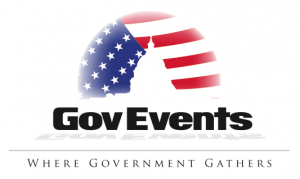 We've been hearing the warnings for years now, "The aging federal workforce will retire in droves - we need to prepare." While the "retirement tsunami" has not come to fruition (at least yet), there is still a real truth in the impact an aging workforce has on the government.
We've been hearing the warnings for years now, "The aging federal workforce will retire in droves - we need to prepare." While the "retirement tsunami" has not come to fruition (at least yet), there is still a real truth in the impact an aging workforce has on the government.
A GAO report found that the percentage of federal workers eligible to retire will roughly double by 2017. With a rough economy and general economic uncertainty, many people have deferred their retirement, but that trend seems to be changing with the retirement rate up to 3.5 percent in 2012, from 2.5 percent in 2009. What does this slower, but nonetheless meaningful, wave of retirements mean for the government and the industry partners that serve it?
This could be an exciting time of realignment of jobs and job functions. As government personnel leave, agencies need to look beyond replacing, and look at 'if and how' the responsibilities held by that person could be carried out in another way. This opens up a real opportunity to streamline the government workforce and provides an opportunity for industry to serve as advisors to help evaluate the current work streams and organization of the workforce.
Not to make this examination of roles and responsibilities sound too much like a visit from the Bobs in Office Space (the hired guns sent in to realign the organization and fire people), there is also a real need for knowledge transfer. While all agencies have been working to develop and institute technology that will automate processes and capture "institutional knowledge," face-to-face communication will play a key role in making sure the history of an agency does not walk out the door with long-time employees.
One way to facilitate this pass down of knowledge is through gatherings, whether in-person or virtual. These sessions should be less 'lecture' and more story-telling where experienced workers share their stories - the good, the bad, and the ugly for a master class on lessons learned. Another key component should be interaction and collaboration among the remaining workforce and supporting industry partners to take those stories, and apply them to today's challenges. This ensures the information sharing doesn't just become a trip down memory lane, but rather an actionable planning exercise.
Can you see how events can help make the retirement wave's effect less like a tsunami and more like a gentle lapping on the shore? What ideas do you have to ease the transitions of a retiring workforce?




